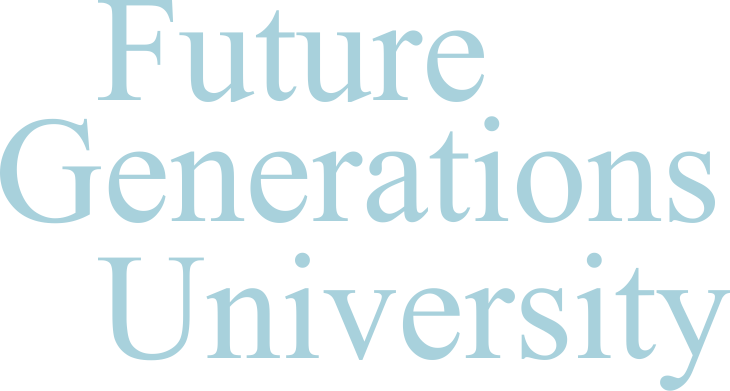Greetings from the Western Hemisphere Alumni!
Although the Western Hemisphere Alumni group has the smallest number of members, we have by far the largest geographical area. Just look at a map! Western Hemisphere Alumni hail from North America, the Caribbean, Central America and South America, including Canada, the U.S., Nicaragua, Haiti, Guyana, Peru, and Bolivia. We speak English, Spanish, French, and quite a few localized languages, as well. This blog introduces a few of our very dynamic female alumni. A future post will introduce some of our male alumni.
Participatory Research and Plant Breeding in Honduras: Improving Livelihoods, Transforming Gender Relations
Did you know that Future Generations University regularly hosts live research seminars with development professionals of all backgrounds from around the world?
Check out the recording of February’s seminar below on participatory research and plant breeding in Honduras, and learn how its being used to improve livelihoods while transforming gender roles!
Follow us on Facebook to keep posted on the dates of upcoming seminars and for information on how to join in!
This seminar is presented by Dr. Sally Humphries, Associate Professor, Sociology and Anthropology at the University of Guelph in Ontario.
_____________________________________
Alumni Update: Anthony Kadoma
In 2014, Anthony implemented a project on developing guidelines for disseminating practicum findings at the community level. During this project, practicum findings on the topic “Adapting Poverty Reduction Strategies at Individual, Household and Community Level: Practicum Research Conducted in Nyamanga Parish, Bufunjo Sub-county in Kyenjojo district, Western Uganda” were presented to the community members.
 |
| Listening attentively to issues raised by local community members. |
Holiday Greeting from the President of Future Generations University
Meet Kelli Fleming: Future Generations University’s new Assistant Professor and Director of Learning Management!
 The removal of mandatory residentials, Kelli notes, changes where the teaching energy goes. She will help maximize online activities so that they remain inviting for students. It’s important in a blended platform like ours that someone be in place to keep that energy going. Some keys to this will be in the development of new teaching artifacts, implementation of effective online simulations, and by keeping up the engagement in online forums.
The removal of mandatory residentials, Kelli notes, changes where the teaching energy goes. She will help maximize online activities so that they remain inviting for students. It’s important in a blended platform like ours that someone be in place to keep that energy going. Some keys to this will be in the development of new teaching artifacts, implementation of effective online simulations, and by keeping up the engagement in online forums. 








